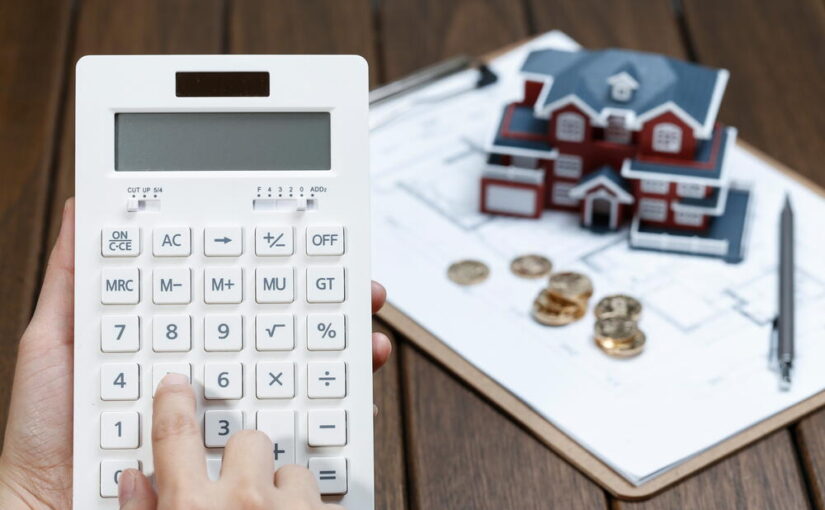
What Happens to Variable Rate Mortgage & HELOC Payments When Interest Rates Go Up?
As interest rates increase, it is the homeowner with a variable rate mortgage payments or a Home Equity Line of Credit (HELOC) who is pressured on the spot. These financial products are directly connected to the prime rate of the lender, which increases with the increase in the interest rates by the Bank of Canada.
But what happens then to your money when you pay it in, and what can you do if it gets out of hand?
Variable Rate Mortgage
A variable rate mortgage means that your interest rate changes as time goes on. When rates increase, you will generally find either of two things:
- Adjustable payment type of mortgages: This means that your monthly payment goes up in line with an increased interest rate.
- Fixed payment variable mortgages: The payment that you pay monthly remains the same (but a smaller amount goes toward the principal amount), i.e, it takes more time to reduce the loan.
By causing the rate to keep rising, you might end up at a trigger, your normal payment will not even pay the interest anymore. At that point, the lending company might demand a large payment in one lump sum or sensibly multiply the monthly payments.
HELOC Payments
Most HELOCs are interest-only and fully variable, the exact opposite of mortgages. In case of an increase in rates:
- Your interest rate goes up instantly.
- Your monthly interest expense increases-example: 1% rate increase on a $100 000 HELOC might cost you another 80-100 dollars/month.
Since HELOCs are revolving credit, this increase can catch people off guard, especially if they’ve borrowed close to the limit.
What Are Your Options?
With the rising rates, there are more risks of financial strain. These increasing expenses might make the latter consider drastic measures in some cases; nevertheless, there are alternatives to bankruptcy that are less damaging and more sustainable.
The first alternative available to homeowners is debt consolidation in Toronto, which involves the grouping of the various debts (credit cards, personal loans, etc) into one lower-interest loan. This is able to make the monthly payments easier and gives the availability of cash flow to bear the additional mortgage or HELOC payments.
Other possible measures are as follows:
- Refinancing your mortgage to different terms
- Locking in a fixed rate, in case rates are likely to increase further
- Seek the help of a licensed credit counsellor
Final Thoughts
Rising interest rates can significantly impact those with variable-rate mortgages or HELOCs, increasing monthly costs and long-term debt burdens. But you don’t have to face the pressure alone. Consider alternatives of bankruptcy, such as debt consolidation in Toronto. Consult financial professionals like Credit720 to find a plan that protects your home and your future.




